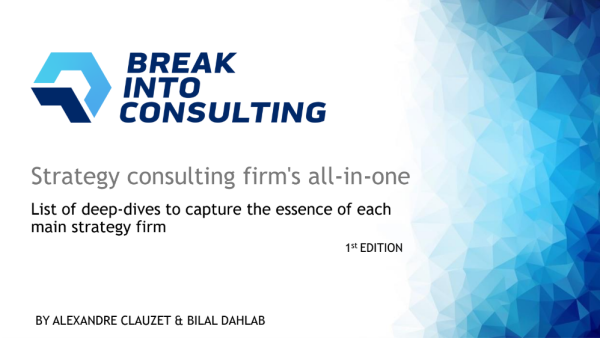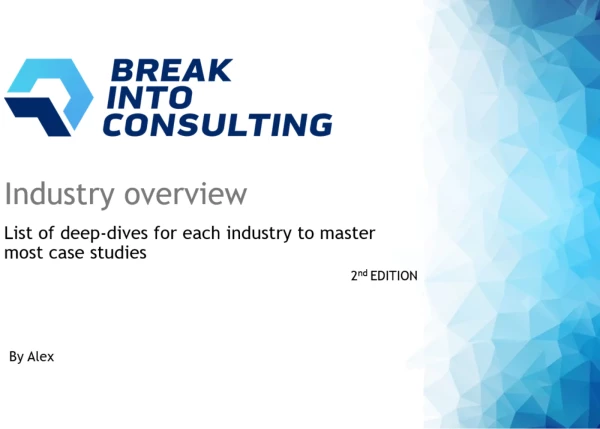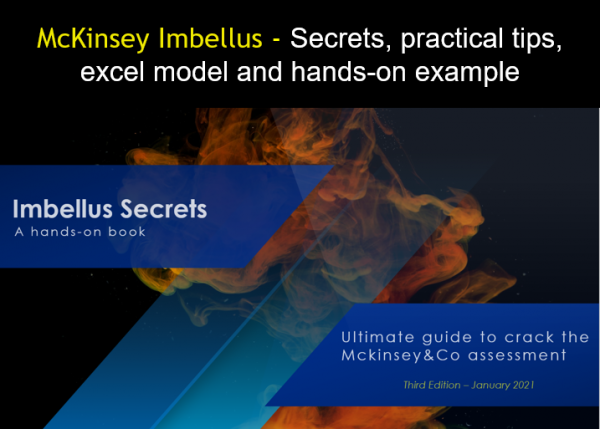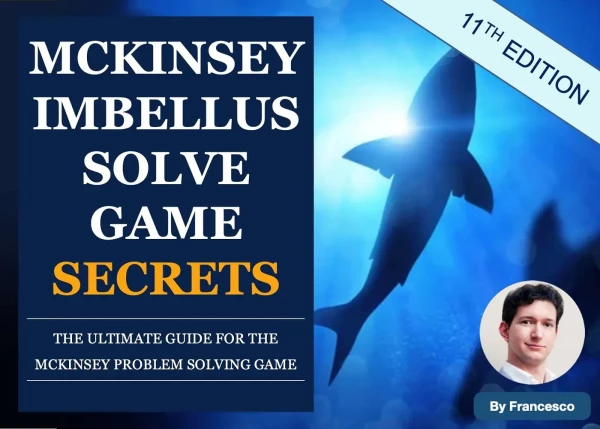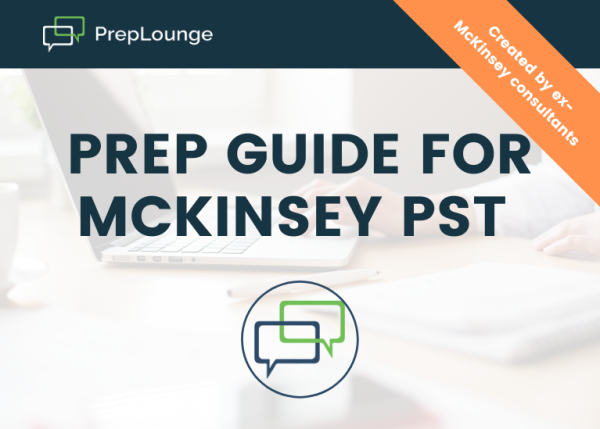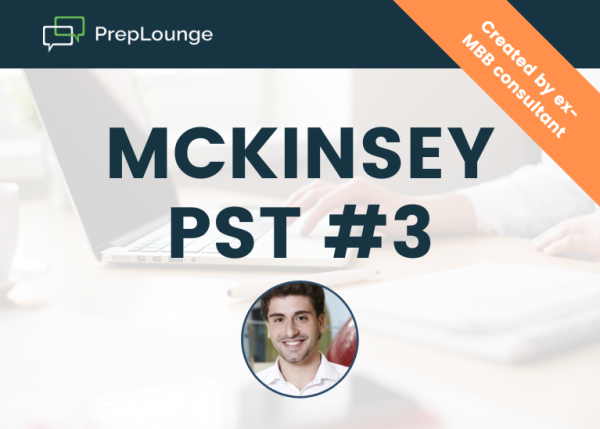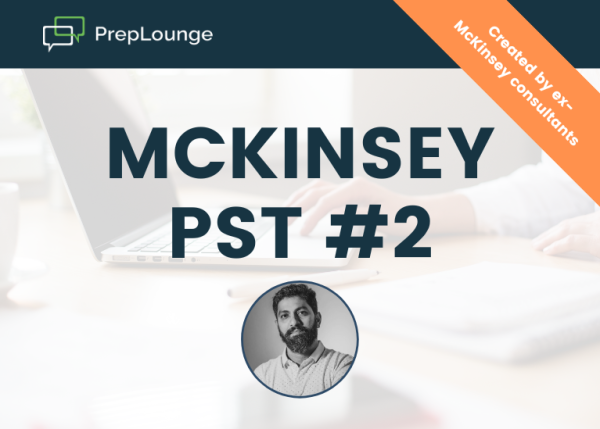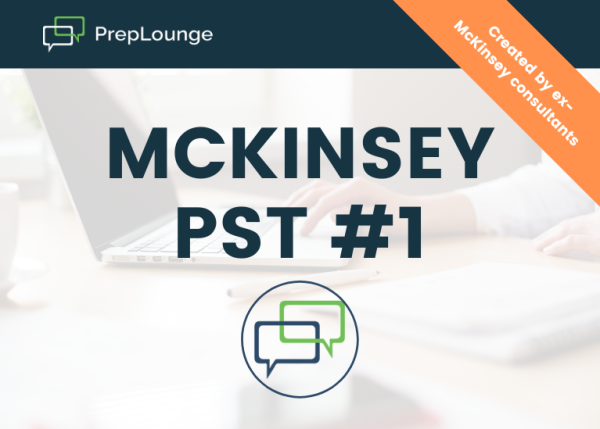How to handle a case from an industry where you have no idea about how they generate revenue, costs, risks, etc?
Get Active in Our Amazing Community of Over 451,000 Peers!
Hi, I have a question regarding cases on new industry.
Overview of answers
Hey there,
Broadly, industries can be classified as follows:
-
Raw Materials- e.g. mining, agriculture and fishing
-
Manufacturing e.g. cars, planes, steel
-
Support services e.g. hospitality, teaching and nursing.
-
Digital Service e.g. IT, Software, Cloud
Broadly, read up trends in these industry categories to have an idea. But you are not expected to have deep expertise or knowledge of any particular industry for the case interview. Unless you are going for an specific experienced hire role then the job description will specifiy the industry.
Otherwise, ask the right questions and use your assumptions/hypothesis to guide your solution for the case. Any company that operates in any industry will have following layers:
- Customers they sell to (B2B or B2C)
- Channels to sell to those customer (e.g. retail, online etc)
- Product & Service to sell through those channels to the customer
- All underlying processes
- Data to enable the processes
- Technology/Tools to execute the processes
- People & Organisation
- Physical assets (offices, warehouse, stock etc)
Hi Nika,
Happy New Year!
Being confronted with new industries / sub-industries / segments is something you cannot avoid entirely, something that you can realistically expect, and something that should not concern you too much.
Short-answer: (1) Expand your knowledge through the infamous daily reads beyond your horizon, (2) leverage your knowledge from related industries or industries that share similarities in their business models, (3) ask the interviewer questions, especially in the beginning after you have been given the case prompt.
(1) BE VERY PRACTICAL about this. Try to explain to yourself how an industry practically works (without being concerned about the names etc of stakeholders). Think in terms of value chain, what information, funds, materials are flowing from where. What are the stakeholders? Who are the (final) clients? Middlemen? What are their purposes?
(2) You would be surprised how similar business models of different industries are. Client-service, Software as a Service, Classic manufacturing, Retailing, Logistics, Insurance, Banking. Part of the case interview is also to show business acumen. If you understand the basics (and intricacies) of a hand ful of high-frequency industries, you will likely be able to extract segments of the business model of industry A (e.g. supply chain, type of clients) and apply it to industry B. By reading WSJ, NYT, Handelsblatt, other materials on a regular basis, you should come across most of the high-frequency industries. You will never be prepared for all industries since there are too many nichy industries out there.
(3) Asking questions is essential throughout the case. This is an art in itself. Some candidates overdo it, some do not ask enough and fail to understand the actual goal of the case and also do not allow the interviewer to perhpas give guidenace based on those questions. The probably best time to ask questions is in the beginning, i.e. after the case prompt has been given by the interviewer. Even in "regular" profitability cases it is worthwhile to ask questions to understand the GOAL of the case. Most candidates assume a goal and keep going. Just because I mention that a company's profits have been decreasing, does not necessarily mean that we want to maximize them going forward. Perhaps market share is more important to the business / the client than minimizing costs too. Perhaps we just want to get to a break-even level to focus resources on other projects since we expect to sell etc. Again, think practical.
Best,
Denis
Hi Nika,
This is always the fear! Now, if it's a "common" industry, you should know this (to build this knowledge, make sure to do daily reading AND start on industry deep-dives).
Now, if you don't know the industry at all, you can do a few things:
- Think about what industry is most comparable and leverage that (I'm sure you don't know about a train manufacturer, but if you learned about large-scale manufacturing and or airline/automative manufacturing, this can help)
- Think critically about the industry and what makes sense. What would their cost breakdown likely be? Competition? etc...use reasonable assumptions based on your knowledge of the world
- Ask intelligently. Ask in a way that "proposes" an idea of how it works. Frame it as a way of identifying your "unknowns" and driving towards understanding. If you do this in the right way, you can absolutey come across just fine.
As a reference, I just gave a candidate a case where she didn't know what wind turbines were. I thought we were in for a rough case. Turns out, by the end of the case I had given her a 4.75 out of 5! She nailed the questions, quickly understood what wind turbines (and the industry) meant, and aced the case.
There are 2 elements to approaching this
1. Logical thinking
Think about the industry and see what would logically make sense for revenue
- Who would they sell to? - more challenging cases are where the consumer is also a business (e.g., coal being sold to utility companies)
- For what end products? - again the challenging end products are typically not the final product - for example silicone being sold to produce microchips)
- How is it sold? (e.g., auctions, direct to end consumer, wholesalers etc.)
- See how the above impacts demand and price
2. Questions
It is totally okay to ask questions to fill in any gaps. However you must first try and make sense of it using your own logic and only then use questions. This shows that you are willing to approach any problem with an open mind before asking for help.
Best,
Udayan
Hello!
Knowing about an industry should not give you important advantages in a case, tbh.
Precisely for this you should focus on case types, not industries.
Best regards,
Clara
Hi,
The framework proposed by the classic Cheng can help you a lot to understand better an industry. Tailor the approach to the specific case and prioritize the questions that need to be answered.
Hope this helps.
Best,
Antonello
Hi Nika,
no deep knowledge of a specific industry is usually required, but knowing some insider facts can surely help during the interview.
If you feel like it'll give you an advantage, you can do the following:
- solve a lot of different cases about different industries
- read business magazines, expand your horizon
- think about a similar industry and try to find similar traits
But as it's been said, it's not crucial.
Hope it helps,
Cheers,
GB
Hi Nika,
There is a high probability that you will get a case on an industry that you are not familiar.
Reading about different industries can help but I would not focus on this over practicing different type of cases.
Having said that, you can always ask a set of questions to interviewer to understand the industry better:
- Revenue stream / how they make money
- Value chain
- Customer target
- Competitiveness
- Product characteristic
Test these questions in your practice when you encounter unfamiliar industry.
Best,
Iman



